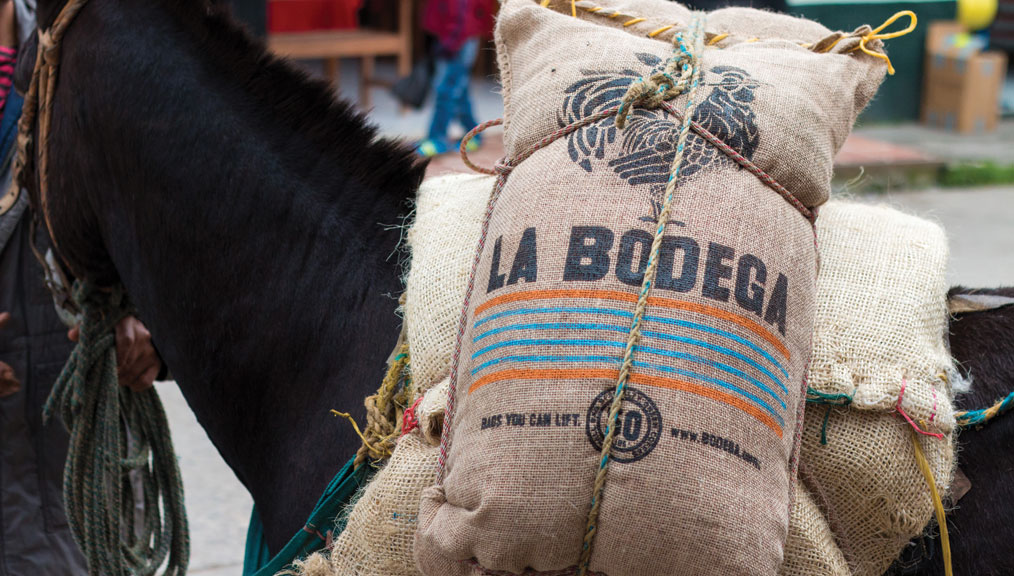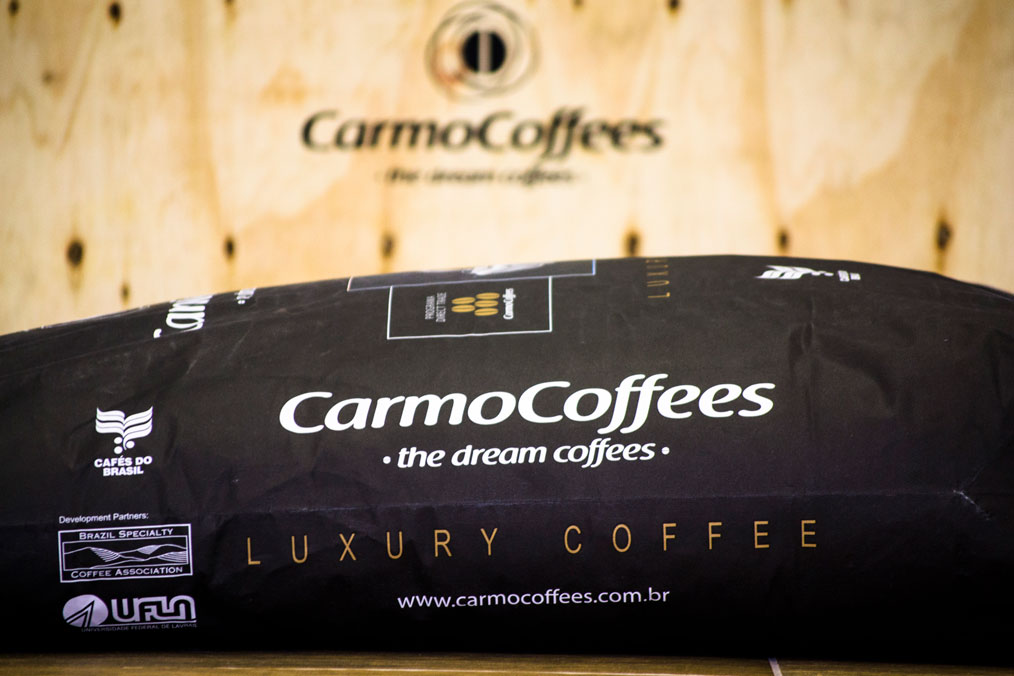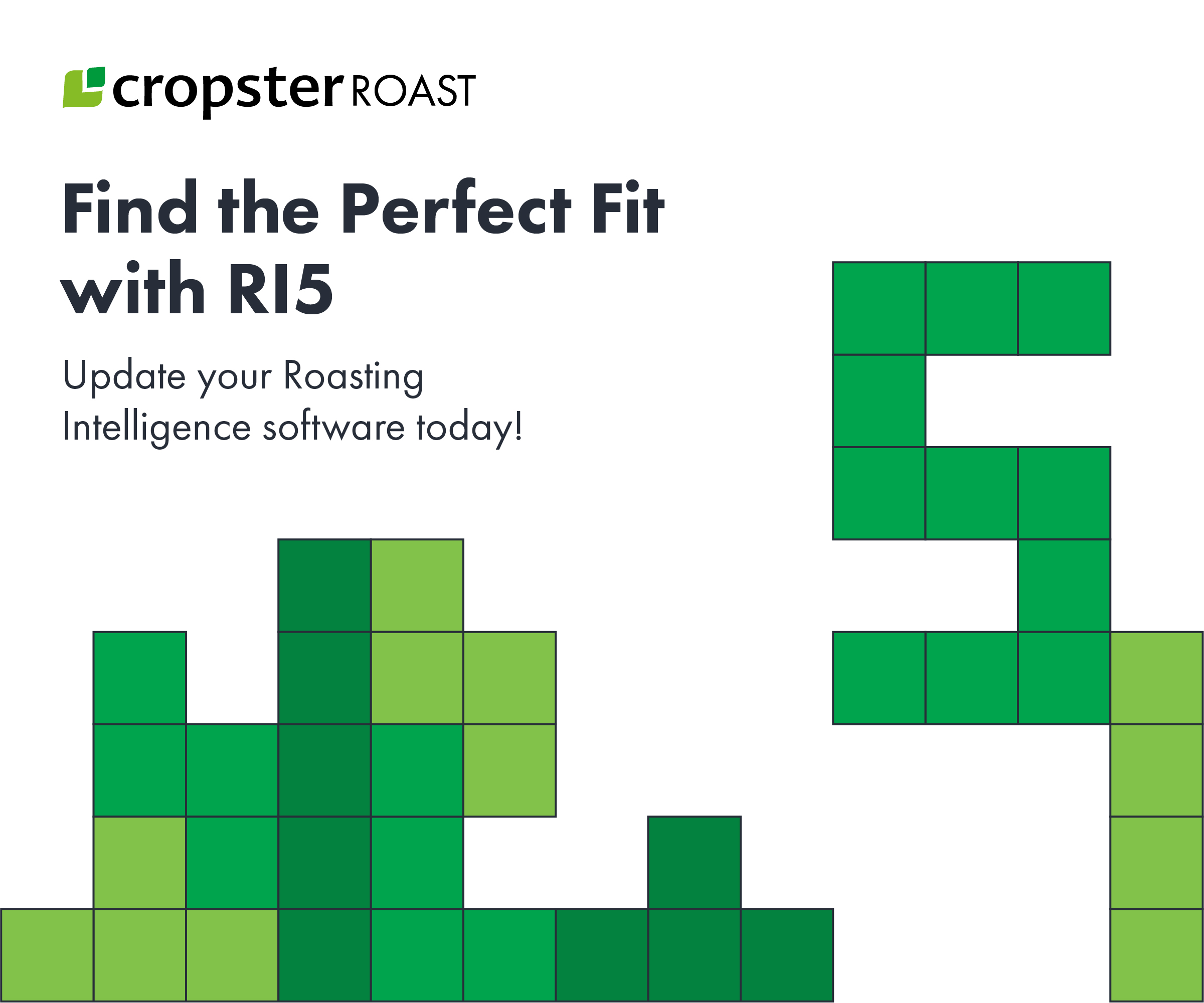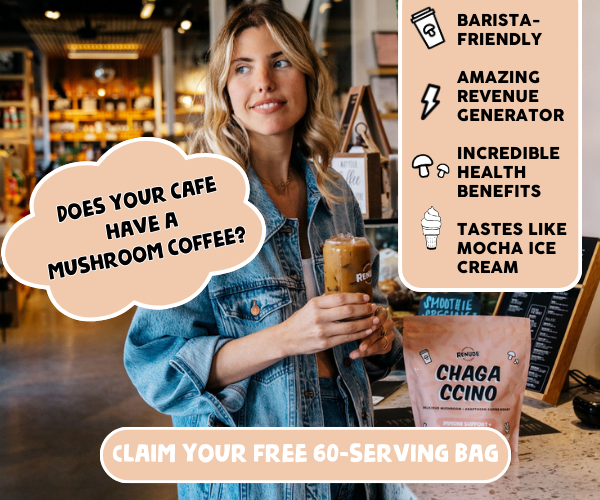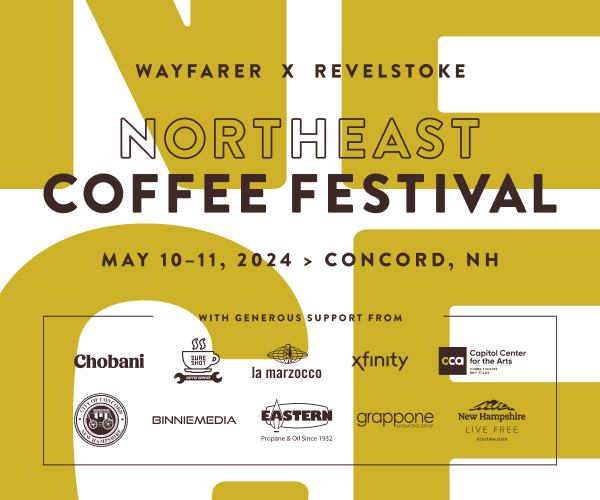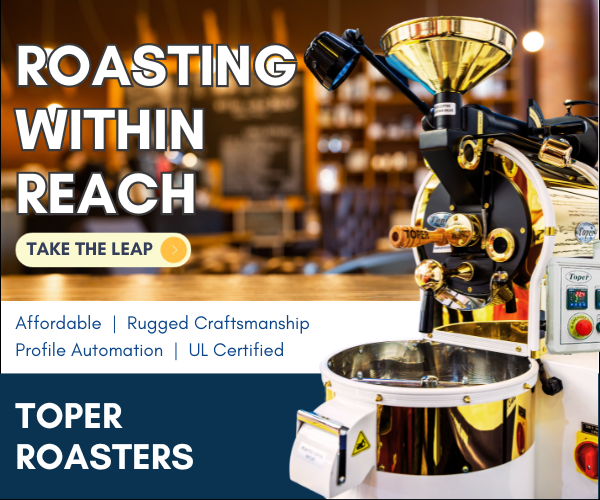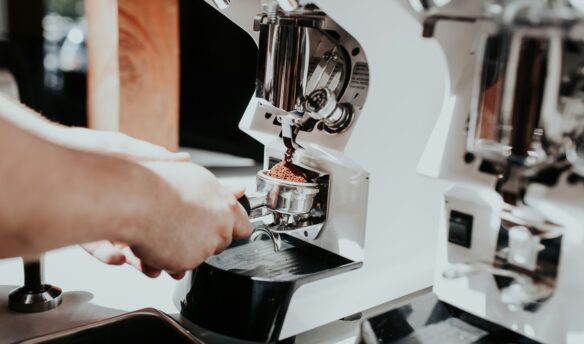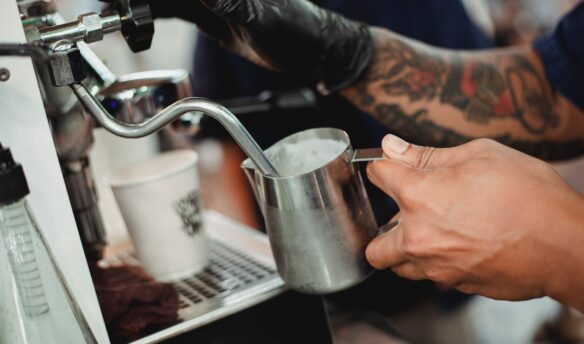[F]or specialty coffee roasters, the supply of high-quality green coffee is perhaps the most important element of their business. Securing this supply comes down to two important considerations: quality and logistics. How well a coffee roaster can balance these two aspects will ultimately determine their ability to keep up with a rapidly developing industry.
Micro-roasters face a number of challenges in the process of sourcing coffee. In the midst of running a business, it’s difficult to allocate time and finances to sourcing the best coffee or traveling to origin. As a smaller roaster (roasting less than a container of coffee each year) the lack of sufficient volumes, as well as poor proximity to a green coffee supplier, can also mean higher coffee shipping costs per pound than those paid by larger operations.
More recently, ideas have been developing at the import and export level of the coffee supply chain to even the playing field for these smaller, emerging coffee roasters. These developments target the spirit of micro-roasters, who value quality, but also information and the relationships that connect them directly to the origin. This spirit also celebrates a new kind of efficiency in coffee sourcing, where buying smaller can actually mean getting much more.
Reducing Packaging Size for Micro-roasters
Carmo Coffees is an exporting company in the Minas Gerais state of Brazil. They’ve worked for many years to supply coffee importers and roasters all around the world with some of Brazil’s finest specialty coffee. Their coffees have been roasted by established companies such as Intelligentsia Coffee, and smaller local favorites like the Aussie Bean in Old Town Orange, California.
Over the past few years, Carmo has been working alongside the likes of Professor Flavio Borém of Lavras Federal University to study the influences of coffee packaging on coffee quality. The result of their research has culminated in the development of a new and smaller type of coffee packaging, consisting of multiple layers of paper and high-barrier plastic, and holding just thirty kilograms of green coffee.
“These packages offer good resistance to mechanical forces and avoids the interaction with air or humidity,” says João Carvalho, director of marketing for Carmo Coffees. “The research also shows that it allows the beans to keep almost 100 percent of their attributes for up to eighteen months of storage.”
Carmo Coffees ships these thirty kilogram bags in container-sized quantities, but they’re also taking advantage of the opportunity to offer them in small quantities, directly to coffee roasters, packaging them two at a time into palletized wooden crates, and shipping them via air freight service.
“Our goal is to reach our traditional importers as well as coffee roasters themselves—particularly in the case of small roasteries that cannot afford to buy full containers, but want to receive exclusive micro-lots,” Carvalho says. “We chose to work with thirty kilogram bags, to keep up with the global tendencies of shipping and storing fewer quantities inside each bag.”
Carmo Coffees’ new packaging will allow roasters to secure small quantities of micro-lot coffees and ship directly from origin to their roasting facilities. Though more expensive than traditional container shipments, the delivery is much faster. To a small roaster considering coffees to roast for a competition, or simply desiring a specific origin sooner than his competitors, the extra couple dollars per pound for a highly specialized coffee with faster delivery plays to their competitive advantage, and significantly reduces the distance between the origin and the roaster.
Making Ordering Easier
Meanwhile in Minneapolis, Minnesota, specialty coffee importer Cafe Imports, has been developing an idea of their own.
Working with a wide range of coffee roasters, Cafe Imports noticed a number of added challenges and inefficiencies faced by new and emerging coffee roasters who want to source high-quality coffee, but may not have the financial means to purchase full pallets or even full bags of coffee. They made it their goal to offer the same quality of coffee and service to these emerging roasters, supporting growth of a new era.
The result was La Bodega, small bag specialty green coffee available in fifty-pound quantities, featuring select offerings of unique coffee origins, shipped for free to anywhere in the United States.
“The coffee buying process can seem daunting, and inaccessible,” said Omar Herrera, director of La Bodega. “Our goal was to get ahead of those challenges, and allow this new type of emerging roaster to feel confident to dive in.”
La Bodega allows roasters to access their complete list of offerings online, supplying information on the coffee, producer, cupping scores, taste profile, and pricing—-as well as access to various certifications for individual coffees. With these tools, roasters can ultimately order and manage their weekly or monthly green coffee needs from a smartphone.
“We want to allow roasters to work within their means,” Herrera says. “We wanted a product that provided ease, convenience, accessibility, and that was inlusive.”
GrainPro for every coffee, transparent pricing, free shipping, and no lift gate costs all simplify the number of questions a roaster must consider before purchasing a coffee, reducing the added costs that might otherwise persuade them to purchase excess coffee in order to balance shipping costs. In an industry that continues to grow, La Bodega distinguishes itself by offering free shipping.
“More and more people are seeing coffee as this thing that they want to be a part of,” says Herrera. “We want to lower the barriers of entry, and open up quality coffee for new types of roasters to be a part of the experience of what Cafe Imports is at origin.”
For La Bodega and Carmo Coffees, their impact on the world of specialty coffee is something they both humbly leave for time to tell. For me, however, there’s no question about their potential, not only to find success, but to offer a path from origin to roaster with the fewest roadblocks, and guarantee this new and emerging segment of coffee roasters the absolute most from every purchasing decision they make.
–Michael Kaiser trades coffee for Bodhi Leaf Coffee Traders in Orange, California.

